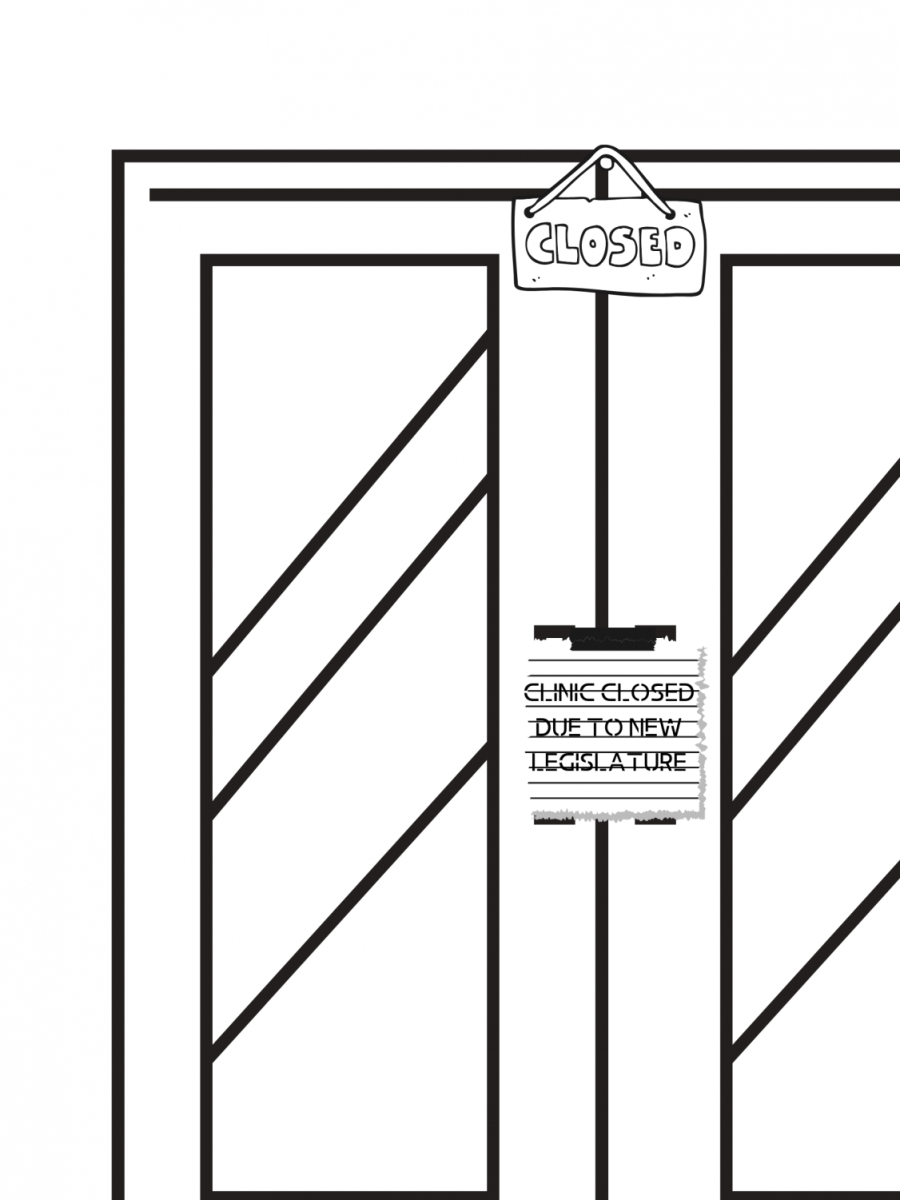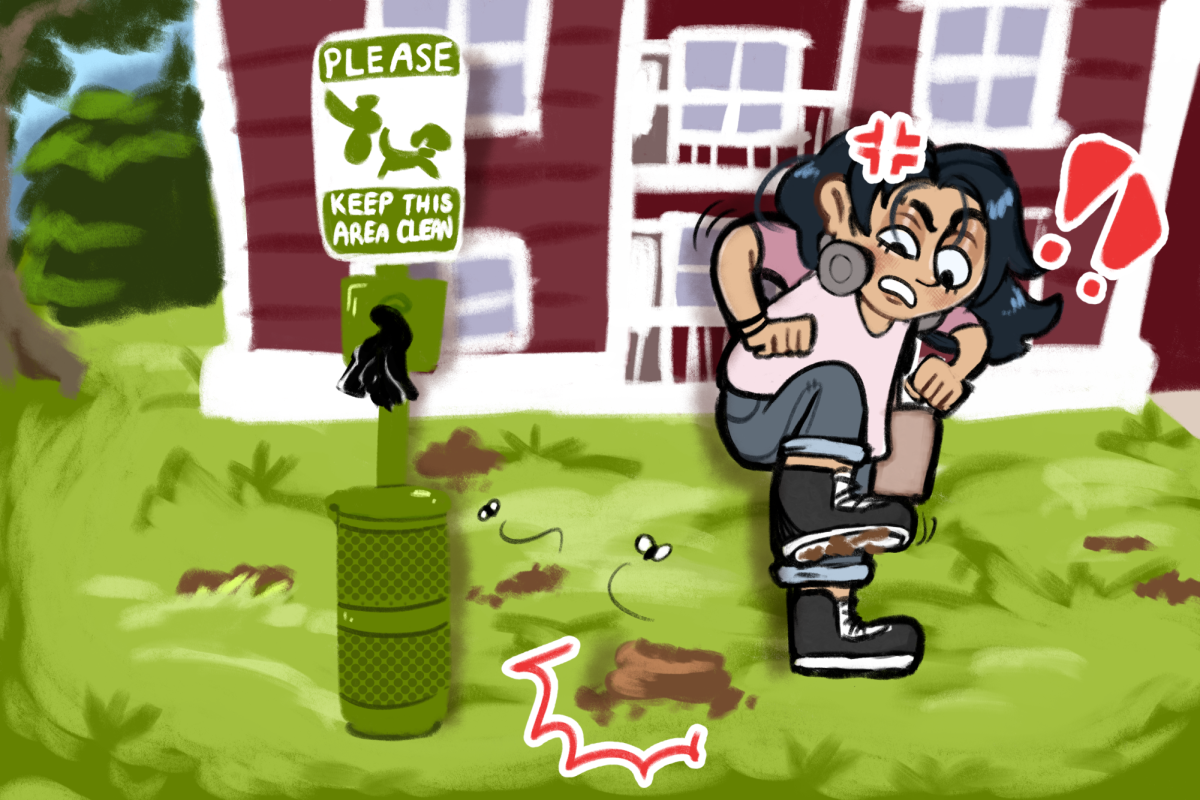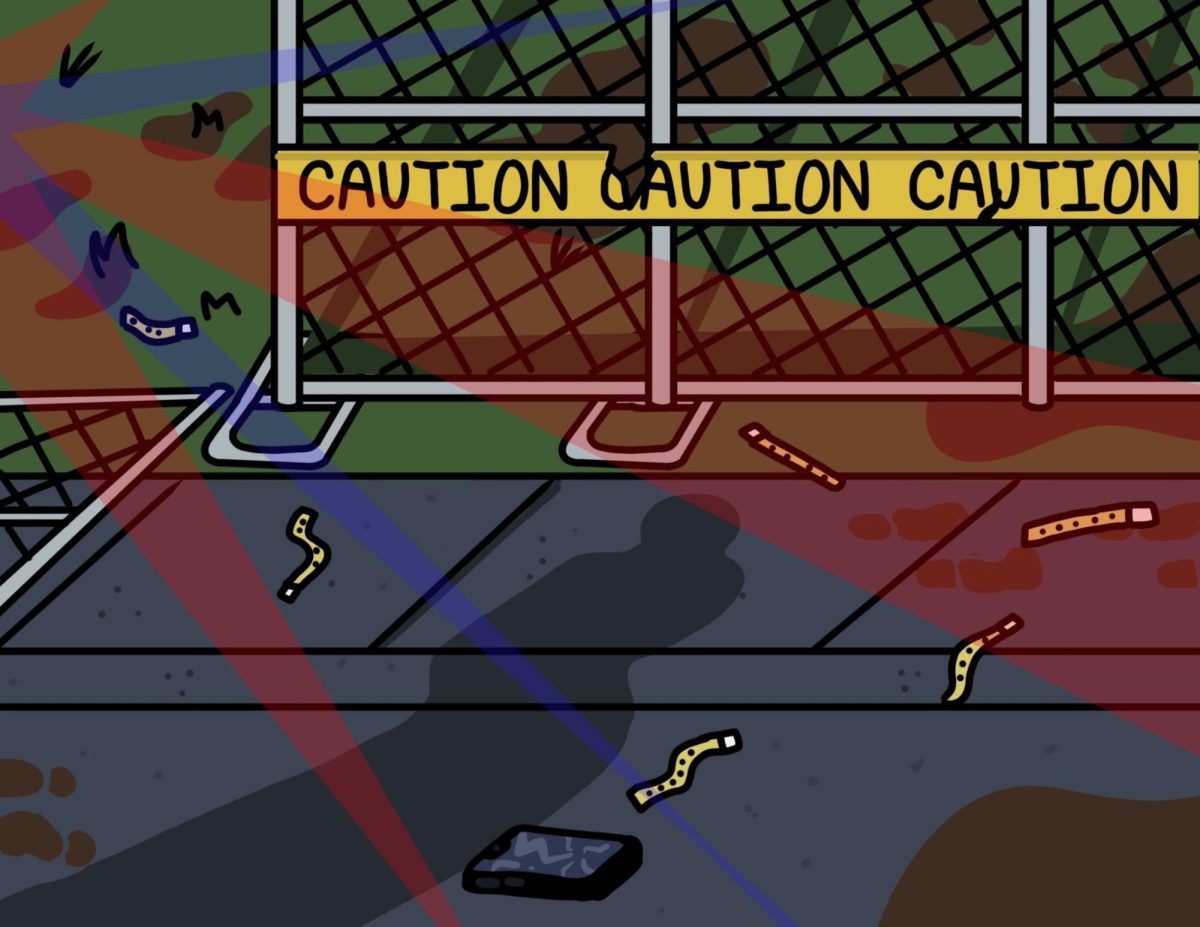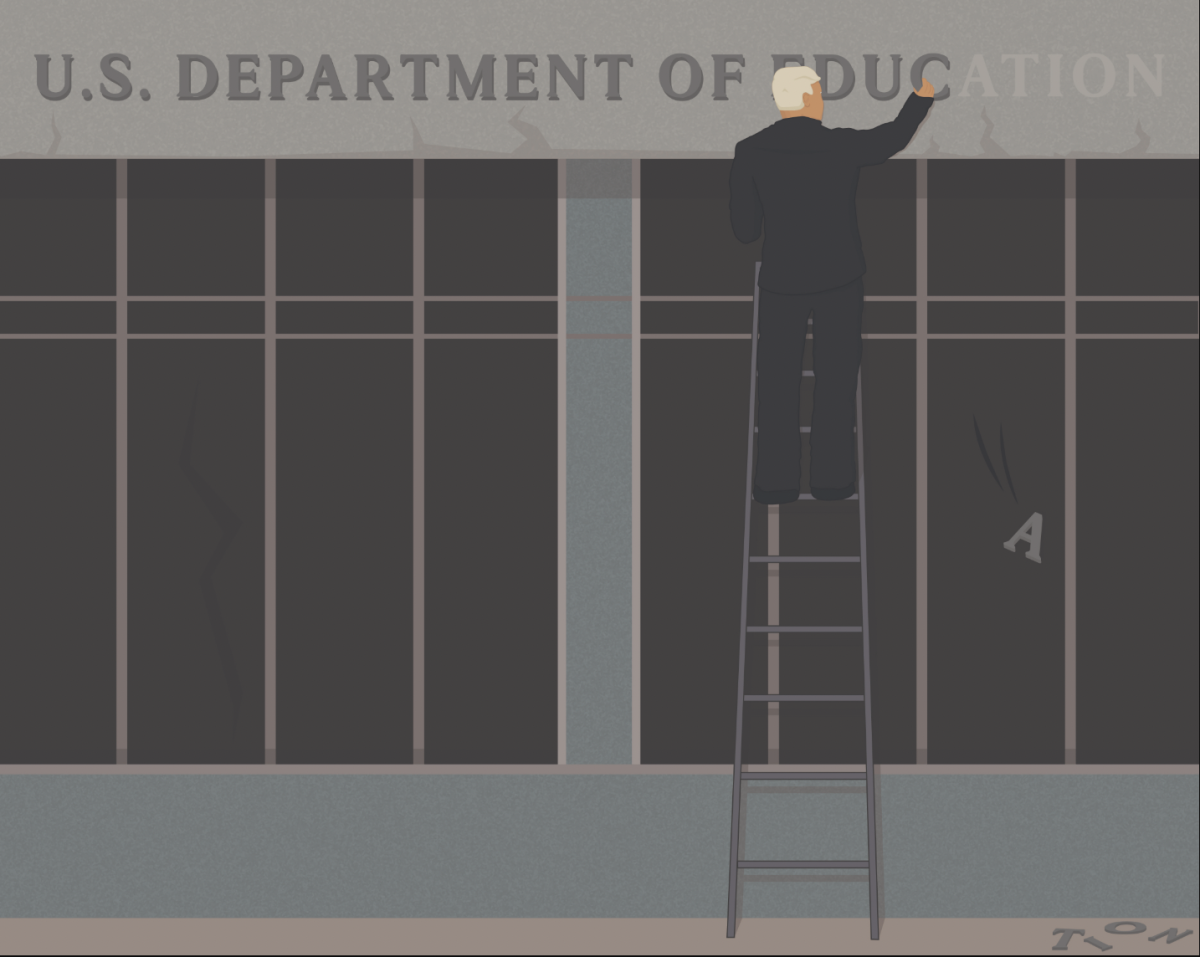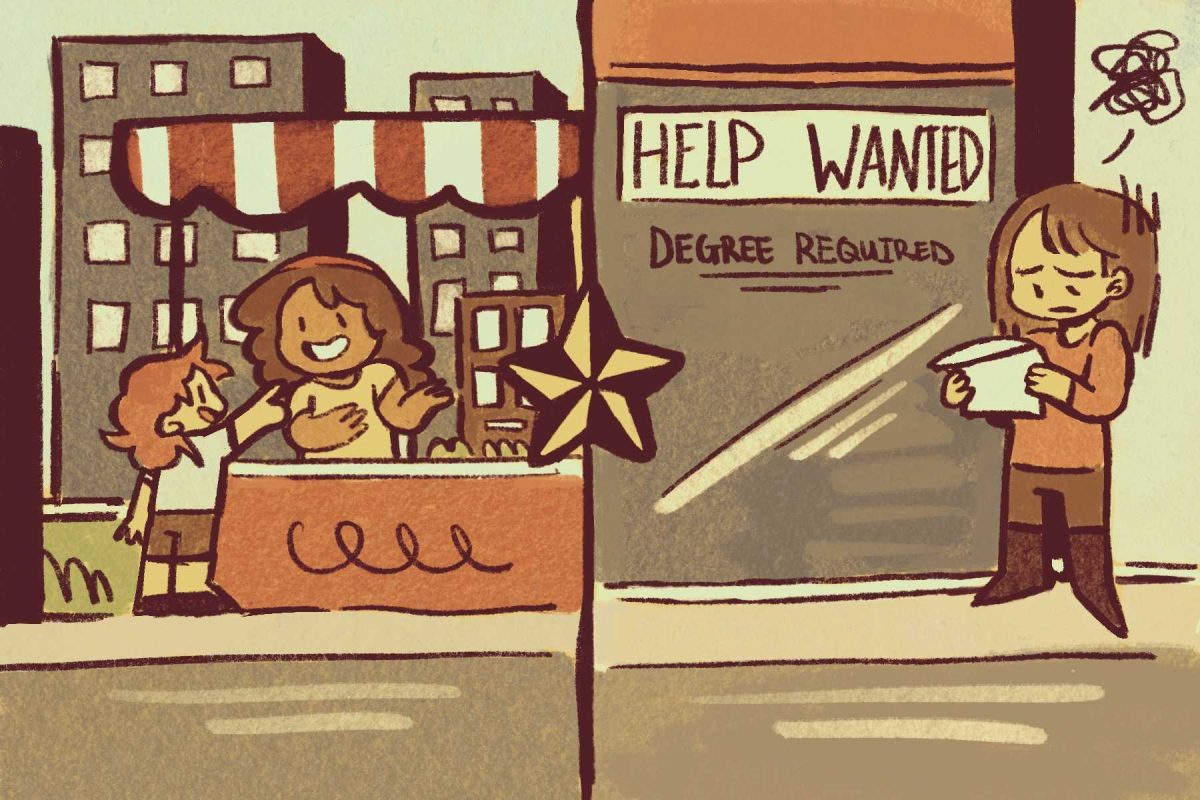Imagine you are a 21-year-old woman attending college in Alabama, working full time to pay for school and living expenses. Maybe you’re a first-generation college student; maybe you come from a less privileged family who cannot provide for you. Whatever the reason, you have no clue what career you wish to pursue, much less who you want to be in the world.
You go out one night and plan on hanging out with some friends at a local bar but plans go awry. You find yourself leaving with someone later in the night. Whomever it is, be it a boyfriend, stranger or new fling, you leave with them and fail to notice a missed period along the way.
Not much thought is put in to the issue yet, as the main focus is on upcoming exams, maintaining a social life, and a job simultaneously. One missed period slips your mind. Maybe you write it off as stress from the hours at work and time spent studying for the 12 credit hours minimum you must take to receive financial aid, as many students do.
However, a couple of weeks later, you make a trip to the doctor and discover you are six weeks pregnant. The doctors inform you that the baby must be carried to term because if you were to have an abortion in Alabama, you may receive up to 99 years in prison.
Maybe this scenario sounds unrealistic because you have yet to meet anyone who has struggled with the realities of abortion. If you believe this is the case, you would be immensely wrong.
Most commonly, abortions are taboo to discuss. Statistics from a scholars.org poll claim that by a margin of 79% to 52%, more say they have heard about another person having a miscarriage than about a person who has had an abortion. The reason behind this being the public perception of abortion versus the personal perception of the issue.
While women may go through with an abortion, it is tempting to hide this fact from the public eye and wildly deny in front of friends and family. According to Ashley Walther from thetab.com, oftentimes it is the “social implications” keeping people from being honest about undergoing abortions.
Walther writes about a girl who had an abortion and kept it a secret from her family and significant other, fearing as if it would define her social life if word ever got out. This narrative is extremely common, as girls will leave school at an early age, start homeschooling, move to a new town or go to various other lengths to hide the occurrence of the procedure.
The heavy secrecy and shame surrounding abortion create a negative outlook on the positive aspects of the right to obtain a legal abortion in the U.S., and is beginning to cause dramatic problems in our society.
According to the article by Walther, about 44% of all women who have abortions are between the age of 15-24. Furthermore, 79% of all college students are aged between 18-25, making this faction of women not only the most affected but the most at-risk group when it comes to potentially losing the right to decide what happens to their bodies.
This weighted percentage is alarming especially because of the recent legislation passed in Alabama. Effective May 15, 2019, abortions are illegal to obtain in Alabama with no exceptions to victims of rape or a woman carrying a child product of incest.
Several states have followed in Alabama’s footsteps and attempted to pass similar restrictive abortion legislation, such as Louisiana, Arkansas and Utah. Few states have tried to ban abortion after 6 weeks, which is highly illogical considering a woman does not realize she is pregnant until at least four weeks, at the earliest.
These bills have become controversial due to extenuating circumstances such as rape and incest. However, people need to focus on the quality of life babies may be born into if abortion continues to be outlawed and restricted.
Oftentimes, college students are not given proper resources for balancing motherhood, education and work, leading students to drop out and search for a way to support themselves and a baby otherwise. It can be difficult for the mother of a newborn to find a job due to the dedication it requires to take care of a new child. On top of that, she would additionally have to find a job that pays well enough to support her and a baby, which is challenging considering she did not finish college and does not qualify for a higher paying one.
Approximately 40% of college students are forced to work through college to be able to pay for classes and books, some having to work at least 30 hours a week to stay afloat. Too many people are wrapped up in banning abortion because they feel it is morally wrong, but these same individuals fail to see the immense oversight involved with the passing of this type of legislation.
This is a huge difference between a woman who wants children versus one who does not. It is common sense that someone who does not want a child may not be a good parental figure in the child’s life, creating possible situations of neglect, abuse and abandonment. It is already difficult for a woman to get a job with a child, much less a college student who was forced to drop out due to an unwanted pregnancy. It is imperative for people to start fighting back to regain the fundamental rights given to women in 1973 via Roe V Wade.
Women are at severe risk of losing their right to privacy because too many people are scared to speak up due to possible negative repercussions, fear of being judged and/or not accepted. If such restrictive abortion legislation continues to grow, society will jump back in time to when girls and women were performing abortions on themselves with chemicals and coat hangers, dying from unsafe medical practices in unreliable doctors’ offices.
Still, in parts of the world today where abortion is illegal, about 10% of all maternal deaths are due to botched abortion procedures. The right to a safe abortion was given to women in order to prevent the deaths of those women, make certain children are being properly cared for in a healthy household and ensure an unplanned pregnancy does not jeopardize the future success and stability of every student.
Repercussions of new Alabama Abortion Law for women
June 5, 2019
0
Donate to The University Star
Your donation will support the student journalists of Texas State University. Your contribution will allow us to purchase equipment and cover our annual website hosting costs.
More to Discover



